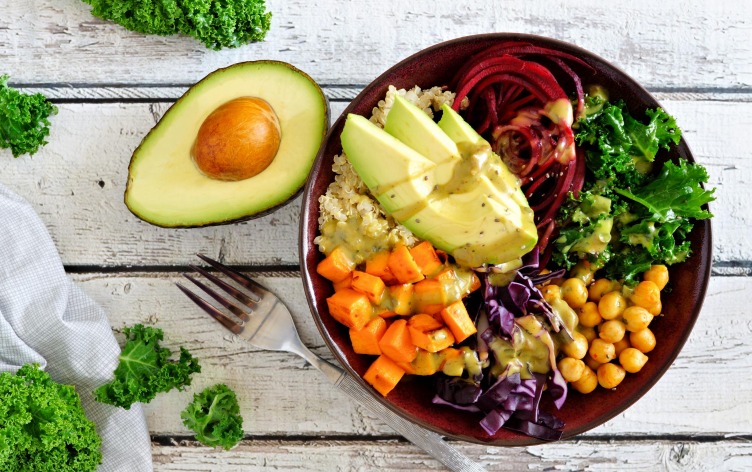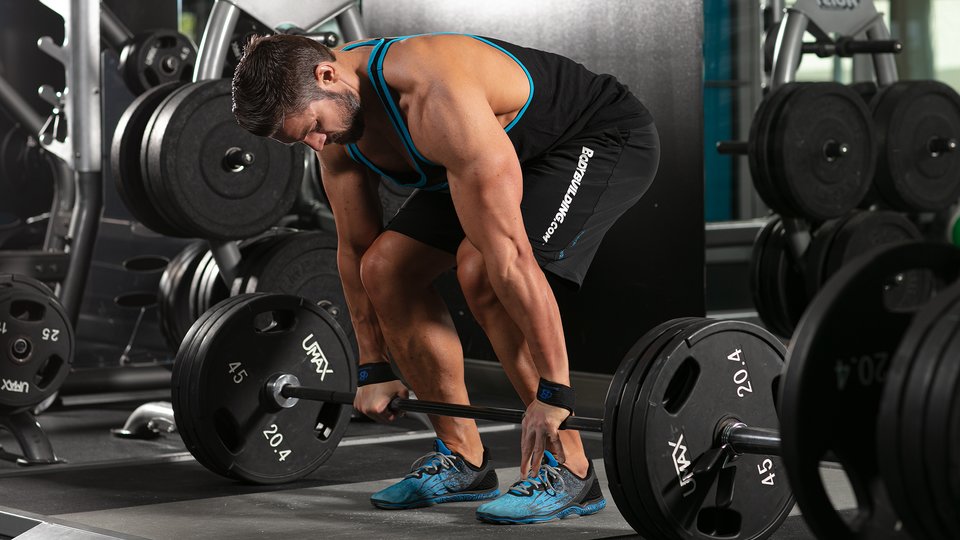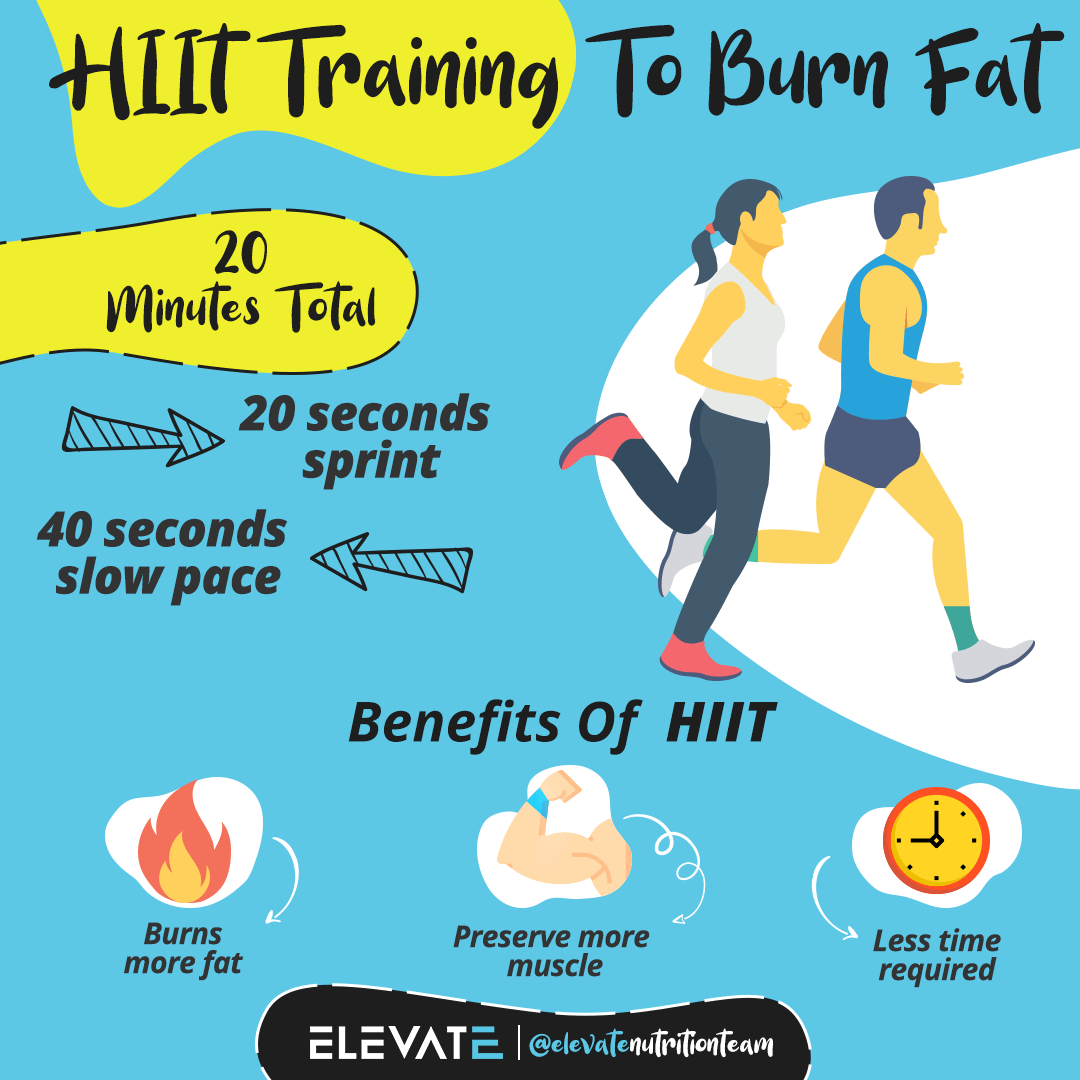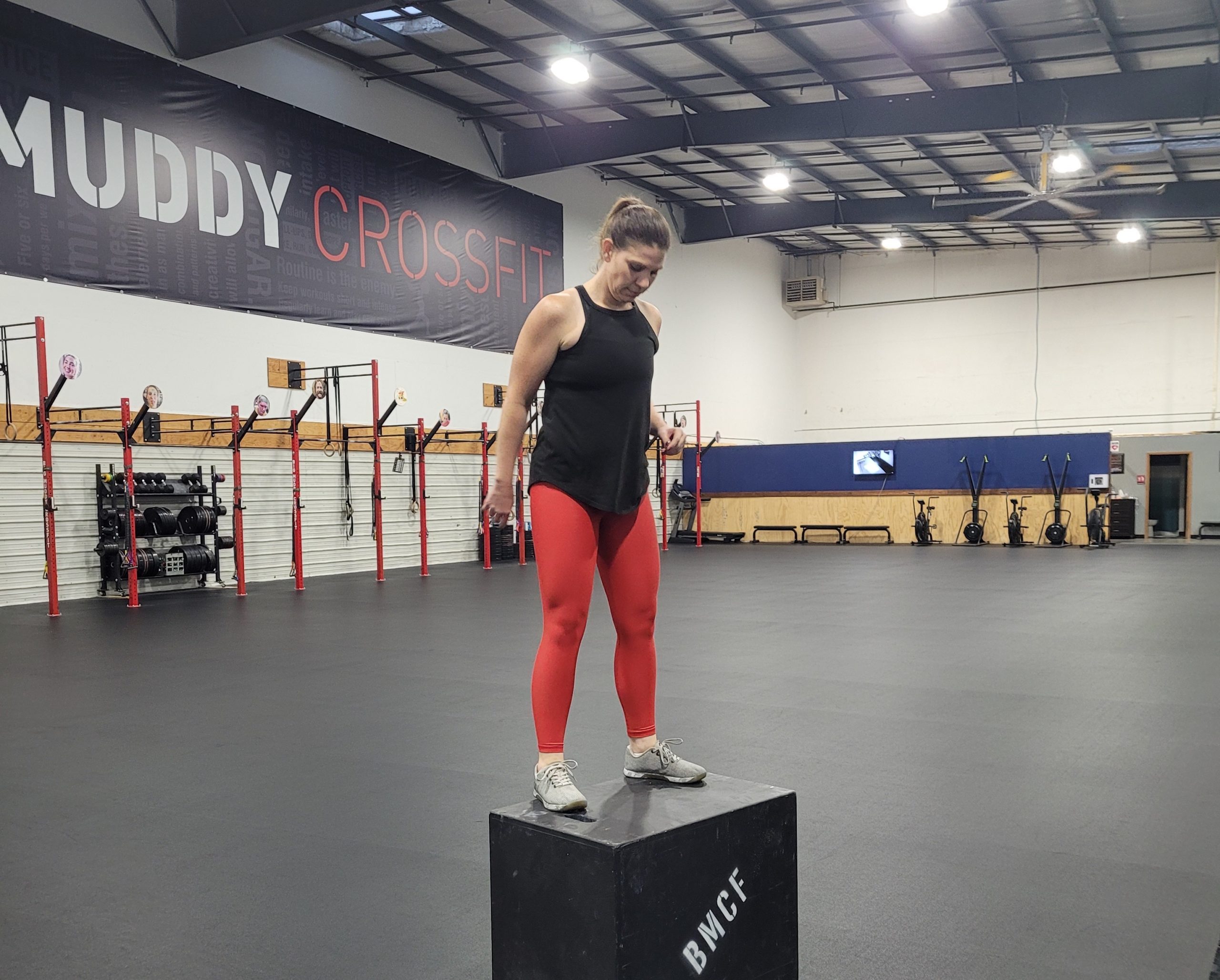Eating a well-balanced diet is crucial for both overall health and achieving optimal fitness. When it comes to fueling your body for exercise and maintaining peak performance, nutrition plays a vital role. In this blog post, we’ll delve into 5 essential nutrition tips that can help you maximize your fitness journey.
1. Prioritize Macronutrients:
Macronutrients are the building blocks of a healthy diet and include proteins, carbohydrates, and fats. A balanced intake of these nutrients is essential for optimal fitness. Incorporate lean proteins like chicken, fish, tofu, or legumes into your meals to support muscle repair and growth. Consume complex carbohydrates such as whole grains, fruits, and vegetables to provide sustained energy, and choose healthy fats like avocados, nuts, and seeds for their role in hormone production and joint health.
2. Stay Hydrated:
Water is often overlooked but is crucial for maintaining proper bodily functions and optimizing athletic performance. Aim to drink at least 8 cups (64 ounces) of water daily, or more if you engage in intense workouts or live in a hot climate. Proper hydration aids digestion, nutrient absorption, and helps regulate body temperature during exercise. Consider adding electrolytes to your water to replenish minerals lost through sweat during intense physical activity.
3. Time Your Meals and Snacks:
Meal timing can enhance your fitness efforts. Prioritize a well-balanced meal 2-3 hours before a workout to provide a steady source of energy. This meal should be rich in carbohydrates, moderate in protein, and low in fat to avoid gastrointestinal discomfort during exercise. Additionally, aim to consume a snack containing carbohydrates and protein within 30-60 minutes after your workout to aid muscle recovery and replenish glycogen stores.
4. Emphasize Micronutrients:
While macronutrients are essential, micronutrients like vitamins and minerals are equally important. They play crucial roles in energy production, immune function, and overall well-being. Include a variety of colorful fruits and vegetables in your diet to ensure you’re getting a broad spectrum of important micronutrients. Leafy greens, berries, citrus fruits, and cruciferous vegetables like broccoli and cauliflower are excellent choices.
5. Listen to Your Body:
Each person’s nutritional needs may vary, so it’s important to listen to your body and make adjustments as necessary. Pay attention to how certain foods make you feel and perform. Experiment with different macronutrient ratios and meal timings to find what works best for you. Consulting with a registered dietitian can provide personalized guidance specific to your fitness goals.
Remember, nutrition is a fundamental component of reaching your fitness goals. By prioritizing macronutrients, staying hydrated, timing your meals, emphasizing micronutrients, and listening to your body, you can optimize your nutrition to support your fitness journey. Fuel your body properly, stay consistent, and enjoy the benefits that come with a well-balanced diet.











